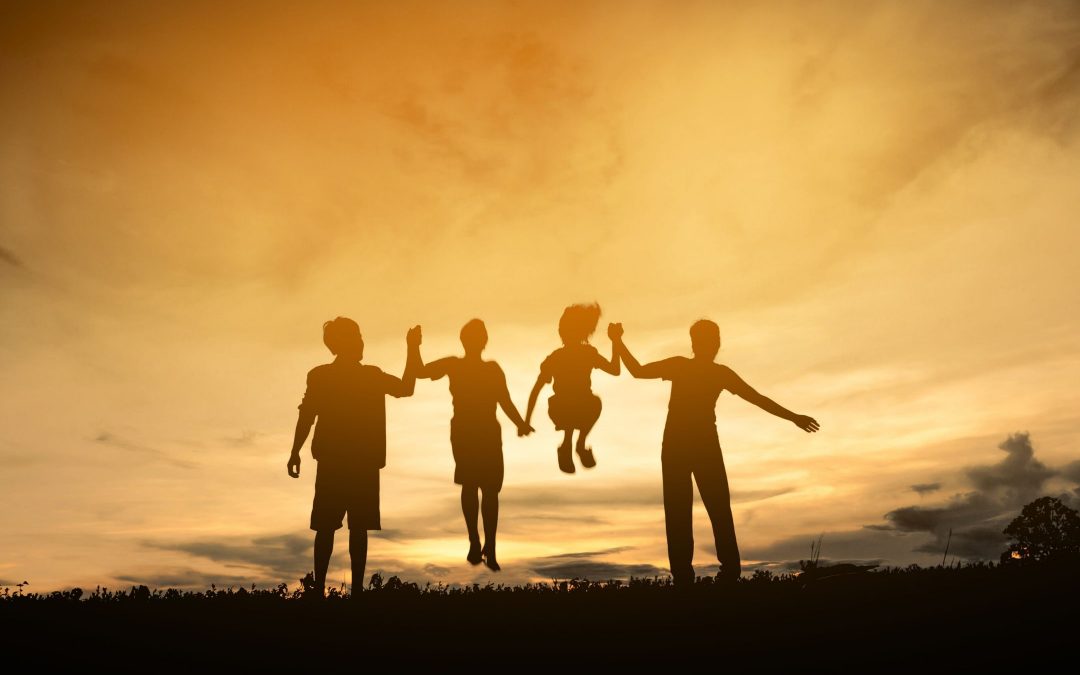People can emerge from the grief, stress and trauma of COVID-19 better and stronger. The study of Posttraumatic Growth (PTG) shows that many people experience positive personal growth and transformation as a result of going through the struggle of a major life crisis or traumatic event. Dealing with COVID-19 is a significant psychological challenge, as it disrupts and disturbs the lives of people in our society and the world.
Research has shown that Posttraumatic Growth generally occurs in five areas:
- Individuals often realize a greater appreciation of life after surviving a crisis; the “stop and smell the roses” attitude.
- They foster their relationships. People report closer relationships with friends and family and a deeper feeling of connection.
- There is frequently an increased sense of personal strength; “I can deal with anything after living through this.”
- People recognize or discover new opportunities and possibilities; “one door closes, another opens.”
- Some individuals experience a deepening of their spirituality and a shift in their belief system. Working through the difficult experience challenges their core beliefs, causing them to view themselves and their world through a different lens.
We know that young people are especially open to experiencing Posttraumatic Growth because they are in the stage of life in which their world view is not yet fixed and rigid.
Posttraumatic growth is associated with certain ways people think, feel and act, including the following:
Hope – Feeling hopeful motivates you to believe in the possibility of a brighter future.
Meaning and Purpose – Finding a sense of meaning and purpose, especially during and after tough times, increases optimism, self-worth, and positive emotions while mitigating negative and self-defeating mindsets.
Positive Emotions – Finding a way to feel enjoyment, contentment, love, and other positive emotions engages the brain’s reward center and releases “feel good” chemicals into your mind and body, leading to a positive attitude and constructive problem-solving.
Support – Giving and receiving emotional support reduces loneliness and depression, creates a feeling of connectedness, and helps people find and utilize available resources.
Personal Power – Believing that you can make things happen and taking ownership over your choices, increases your confidence that you can overcome challenges. Although many aspects of our lives are out of our control in COVID-19, we can learn to focus on what is within our control.
Acts of Kindness – Reaching out and helping others enhances your feelings of self-worth and self-efficacy; “I can make a difference.” Helping others is altruistic and community-focused, rather than remaining only self-centered and inner-focused.
References: Tedeschi, R.G., et.al. (2018). Posttraumatic Growth. New York: Routledge.


